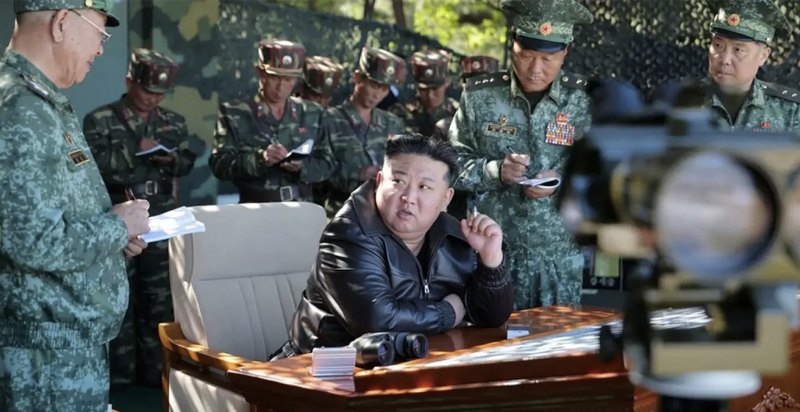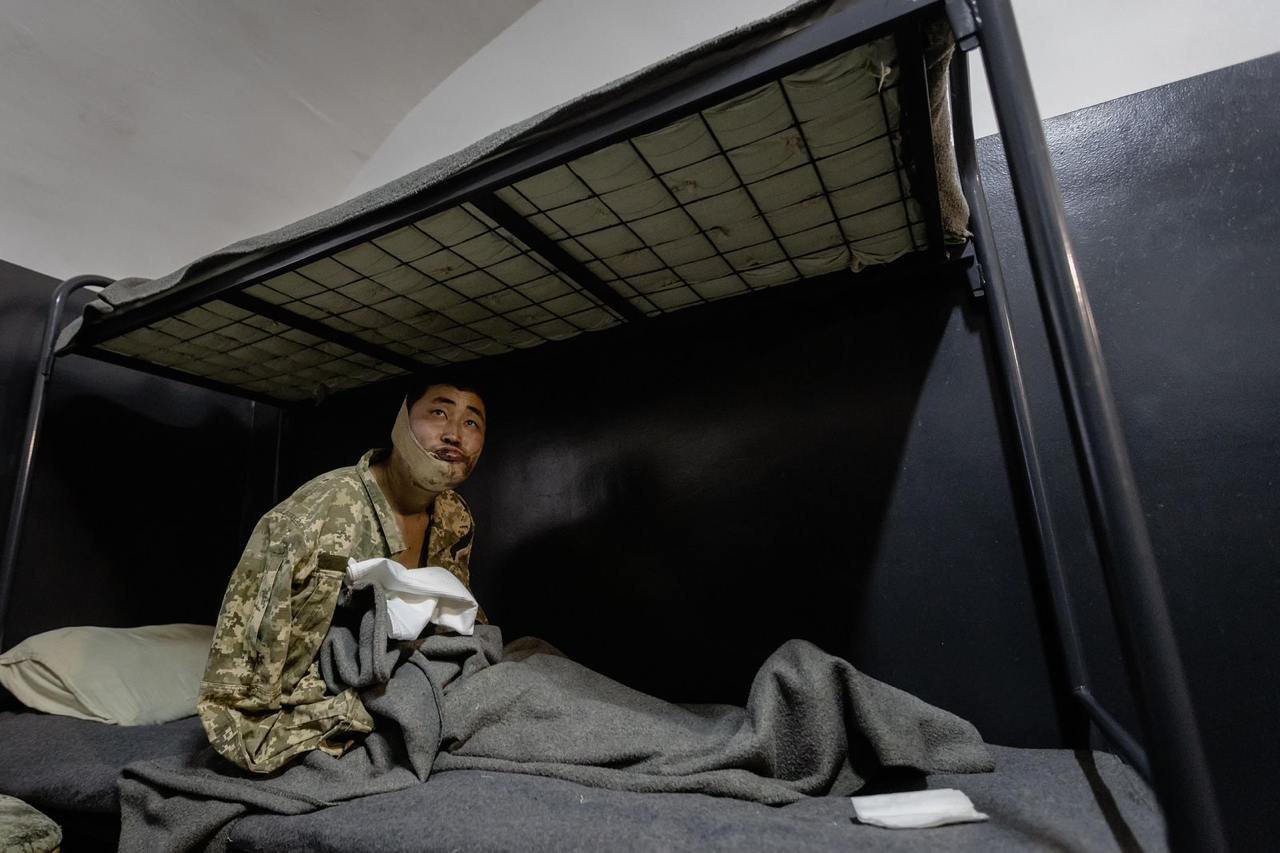
Strange as it may sound, this is not just about logistical aid or munitions supplies. It’s a full-scale, ideologically driven, hardline participation by Kim Jong-un’s regime in an attempt to destroy Ukraine as an independent European state.
Containers of death
It started with the ships. Silent, rusted vessels named Angara, Lady R, Maria, and Maia-1 quietly crossed the East Sea, departing from the North Korean port of Rason and heading to Vladivostok in Russia. They didn’t make CNN headlines — but they changed the situation on the front lines.
According to the Open Source Center and Reuters, over eight months — from August 2023 to March 2025 — these four ships made at least 64 trips, transporting around 15,800 containers. What was inside? Artillery shells. Ammunition. Everything Russia needs to maintain a high-intensity war of attrition from Kupyansk to Orikhiv.
Analysts estimate these containers contained between 4.2 and 5.8 million rounds of ammunition. Pyongyang officially denies it — but satellite imagery, logistical data, and intercepted communications tell a different story.
That means that right now, as you’re reading this, every fifth shell fired at Ukrainian forces likely originated in North Korea.
Dictatorship’s mercenaries: The Human Commodity
But Pyongyang didn’t stop with physical goods. There’s another export in Russia’s war against Ukraine — the human commodity, something brutal regimes are always willing to sell.
According to Korean researchers, Russia has deployed at least 11,000 North Korean soldiers to the combat zone. They did not participate in the assaults on Bakhmut or Chasiv Yar — their front was elsewhere. Most of them were stationed in Russia’s Kursk Region, where they performed assault operations, guarded rear bases, patrolled borders, and operated as part of the "second echelon." And yes — they died.
About 5,000 of them will never return to North Korea. For the Kim regime, that’s just a number. For the mothers in Pyongyang — it’s a silent grief, unreported even in local newspapers. For Ukraine — it’s yet another threat, forcing its forces to divert resources toward border operations.

$20 Billion — the price of war
The most striking part of this story is in the numbers. According to the Korea Institute for Defense Analyses (KIDA), North Korea has earned over $20 billion from its involvement in the war on Russia’s side. That’s not just a statistic — it’s nearly a third of the country’s annual GDP. For an isolated, impoverished, and starving nation — it’s a massive financial injection.
And Pyongyang isn’t just receiving oil or grain in return. It’s gaining access to military technologies — missile upgrades, guidance systems, cyber tools, and satellite communications.
This is a mutually beneficial deal between two regimes that thrive on war. Russia gets weapons and manpower. North Korea gets money and know-how. And both sides get something even bigger — the chance to challenge the West.
This is not just a partnership — it’s a new axis of evil
Iran. North Korea. China. These countries aren’t just sympathising with Russia — they’re building a new shadow system of military cooperation that bypasses international sanctions, defies UN resolutions, and turns a regional conflict into a global threat.
From East Asia — missiles. From Iran — drones. From the West — delays, debates, red lines. In this confrontation, time is not on Ukraine’s side.
What should Ukraine and its allies do?
Ukraine cannot leave this without a response. On behalf of a nation paying the price in human lives every day, Ukraine must:
- Publicly raise the issue of North Korea’s involvement in the war at the UN Security Council. Even if Russia vetoes any resolution, the act itself will be recorded in history.
- Launch an international legal initiative to classify arms supplies to an aggressor state as complicity in war crimes.
- Strengthen military and intelligence cooperation with South Korea, Japan, Taiwan, and the United States. North Korea has longstanding adversaries — and Ukraine can become their natural ally.
- Create a public evidence base of DPRK-Russia cooperation — satellite images, shipping logs, testimonies. In the digital age, information is a weapon.
And the world?
The world must decide. For the global West, this situation demands not just concern, but action:
- Expand sanctions to cover all companies, vessels, and logistics hubs involved in DPRK-Russia trade.
- Impose secondary sanctions on third countries that quietly assist these regimes.
- Boost military aid to Ukraine without waiting for the next dictator's shipment to arrive.
- Officially recognise Russia and its allies as threats to international security — not just instatements, but in actionable strategies.
This is more than geopolitics. It’s a battle between those who seek freedom — and those who build a world where life is a commodity, and death is a trade.
In this war, North Korea is not just a participant. It is a critical accomplice to a crime.
The question isn’t whether the world will notice. The question is whether it will dare to say: enough .







